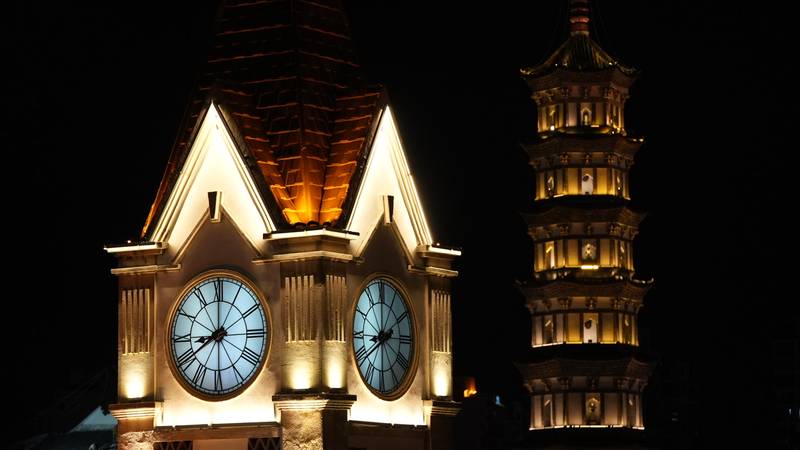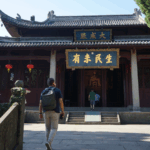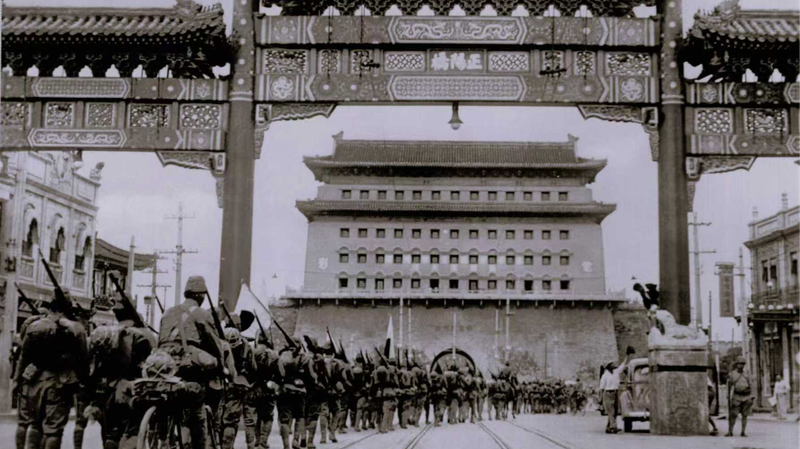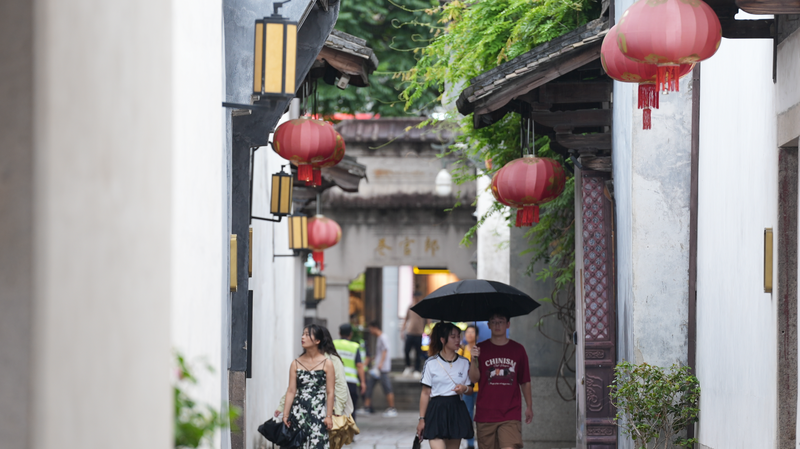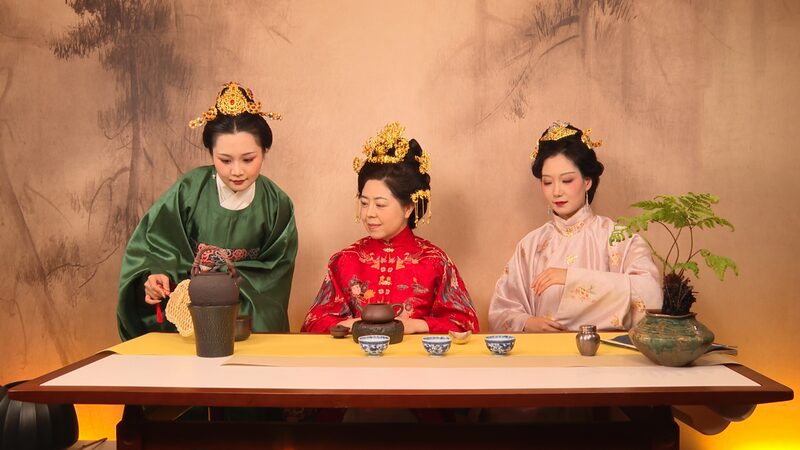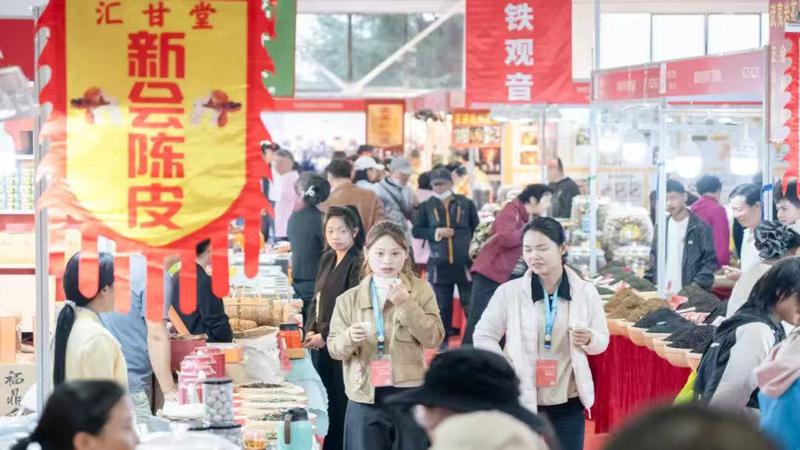Nestled along the Qujiang River in Zhejiang Province, Shuitingmen – the Grand West Gate – stands as a living chronicle of China's enduring legacy. Built during the Southern Song Dynasty, this 12th-century architectural marvel has silently observed nine centuries of societal transformations, from imperial reigns to contemporary urban rhythms.
Beyond its imposing stone archway lies the 'Three Streets and Seven Lanes' quarter, where Ming-era timber-framed houses share walls with Qing dynasty courtyards. Traditional tea houses stand shoulder-to-shoulder with boutique cafes, creating a tapestry where residents sip lattes beneath the same eaves that sheltered generations of scholars.
As the proclaimed 'Home of Southern Confucianism,' Quzhou wears its philosophical heritage with pride. The city's adopted emblem – a grandfatherly Confucius figure – peers from street signs and shop windows, reminding visitors of the humanistic values woven into the city's fabric.
Morning market vendors arrange persimmons beside 3D-printed souvenirs, while calligraphers practice ancient scripts within WiFi-enabled pavilions. This seamless coexistence of epochs makes Shuitingmen not just a historical site, but a living dialogue between China's profound past and its dynamic present.
Reference(s):
Nine centuries of history whisper through Quzhou's Shuitingmen
cgtn.com
